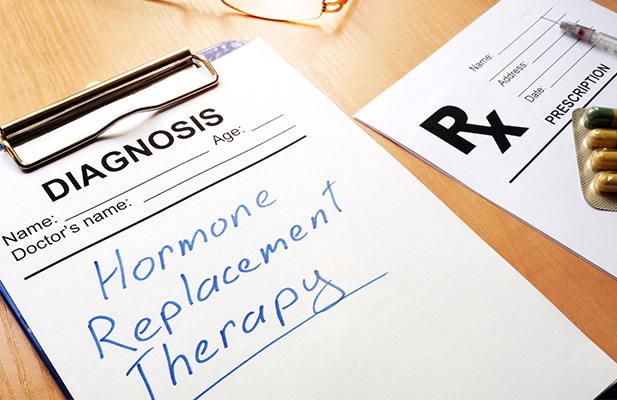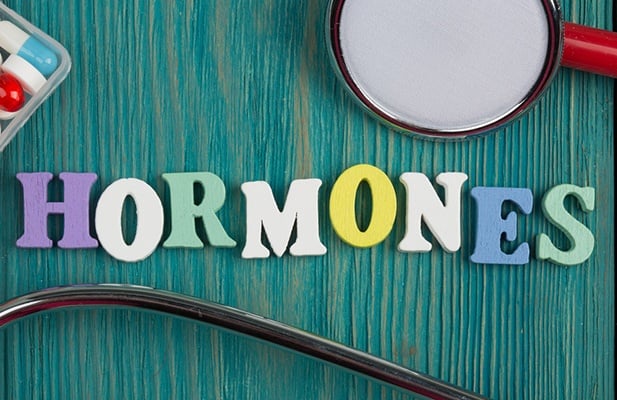
A man's testosterone production naturally decreases after his 20s as a normal part of the aging process. Many men don't notice this gradual decrease, and while this decrease poses no concerns or health problems for them, low testosterone is linked with several negative health indicators. Typically, the first symptom that men notice is a lowered libido or reduced sexual function. Often this concerns them enough to motivate them to seek medical care and get their testosterone levels checked.
There is no fixed standard of what “normal” testosterone levels ought to be. Normal levels fall within a range, and the decision of whether to supplement testosterone with a hormonal replacement therapy depends a great deal on a man's current testosterone levels, his overall health, and the degree to which he is affected by symptoms of low testosterone.
However, if a man has low testosterone, supplementing his natural testosterone production with additional hormones can provide significant benefits to his health and well-being.
For example, studies have shown that boosting testosterone in men:
- improves their mood and emotional health
- increases their bone density and reduces risk of osteoporosis
- increases their muscle mass and strength
- reduces body fat
- and can even improve cognition
Furthermore, testosterone replacement alone is often all that is needed to restore normal sexual desire and performance. Many men prefer this natural approach to libido and erectile dysfunction, rather than taking a pill or medication that inhibits spontaneity, and may also come with unwanted side effects. Hormone replacement therapy feels more like returning a man to the sexual performance he enjoyed when he was younger, rather than artificially enhancing it.
Because testosterone is naturally produced by a man's body, and a replacement therapy is intended to bring his levels up to a higher level within the normal range, there are very few risks or side effects from hormone replacement therapy. However, according to the Endocrine Society, hormone replacement therapy is not recommended for men who have:
- prostate or breast cancer
- a nodule on the prostate that can be felt during a digital rectal exam
- a PSA greater than 3 ng/ml without further evaluation
- a hematocrit greater than 50% or thick, viscous blood
- untreated obstructive sleep apnea
- severe lower urinary tract symptoms
- class III or IV heart failure.
Hormone replacement therapy is an ongoing process. For the men who require it, their body doesn't create optimal testosterone levels on its own. And as such, discontinuing supplemental treatment will simply result in hormone levels steadily decreasing back to where they were originally.
Hormone replacement therapy is safe and effective for most men with low testosterone and few other risk factors. And it's proven to improve a man's appearance, mood, and overall health, making him feel like he did when he was younger, inside and out.









